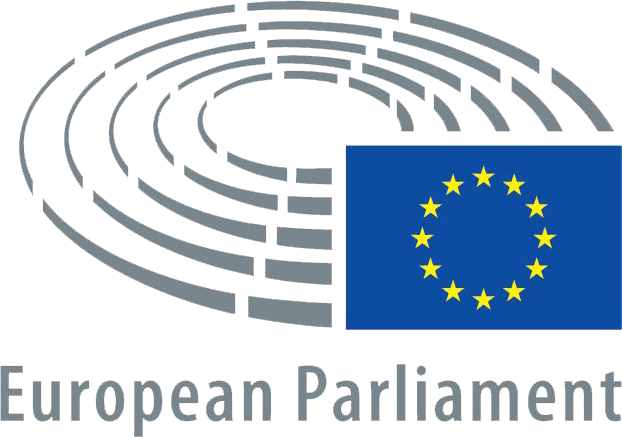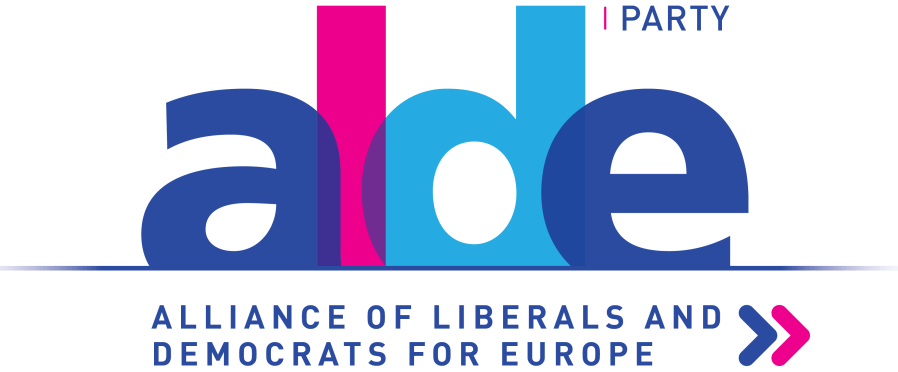IRENA
JOVEVA
EU integration and enlargement
In addition to further EU integration, enlargement to the Western Balkans is also needed. In my role as First Vice-Chair of the Delegation to the EU-North Macedonia Joint Parliamentary Committee, I have promoted regular and open discussions between the two sides, which has enabled a better understanding of the challenges on the path of North Macedonia’s accession to the European Union. I have worked consistently to reinforce the financial and technical assistance aimed at supporting the reform processes, which are key to accelerating progress and achieving accession. In addition to my regular parliamentary duties, I have established an informal group “Friends of North Macedonia”, where I regularly organise meetings and events with various political representatives, journalists and the interested public. The informal group aims at further bringing North Macedonia closer to the European Union, improving relations between the two political entities and integrating the whole region into the EU sphere of interest. In addition, I actively support initiatives to increase regional cooperation between the countries of the Western Balkans, as only a cohesive and competitive region can ensure a successful integration into the European Union.
It is also crucial that, in the light of the brutal Russian aggression in Ukraine, we have provided clear and strong support to the latter on its European path and integration into the Union by granting it an EU candidate status. With that, the EU has given Ukraine a clear signal confirming its European perspective, but it still requires that Ukraine make extensive reforms and meet the membership criteria. Ukraine has a future among members of the European family. At the same time, however, we must not forget the countries of the Western Balkans.
I am committed to achieving both clarity and fairness in the accession processes, including a clear membership perspective for all countries in the region. North Macedonia should have started negotiations for EU accession a long time ago and I will always be a loud and clear supporter of the fact that its people deserve it and the EU must (start) delivering on its promises.
Revised EU enlargement methodology
There is a lot of talk about the enlargement process during this term of office. Rightly so. Thus, in early February 2020, the details of the proposed new enlargement methodology finally became public. It was upon the request of France that the European Commission (EC) drafted a proposal for a reform of the EU enlargement process to speed up the accession process for the Western Balkans countries. It endeavoured to bring more benefits to the people of this region and restore some credibility to the Union – hence, perhaps, the subtitle of the Commission’s plan – “A credible EU perspective for the Western Balkans.”
For Albania, the EC recommended opening accession negotiations back in 2016, and issued such recommendations for North Macedonia several times, starting in 2009. However, on 17 and 18 October 2019 (mainly due to France’s blockade), the European Council was not able to reach a positive decision to open accession negotiations. The European Commission and the European Parliament, as well as most Member States, strongly criticised this failure to come to a decision, calling France’s move a historic mistake. Most commentators strongly condemned France’s veto, saying the EU is losing its credible framework for relations in its immediate neighbourhood, its foreign policy and its ‘geopolitical’ interests. EC President Ursula von der Leyen also said that we had asked both countries “to do a lot”. They have objectively met the necessary criteria, and it is now up to us to deliver, to keep our promises and act responsibly. North Macedonia and Albania have taken the necessary measures – including some politically demanding ones. North Macedonia, for example, concluded the Prespa Agreement with Greece, and cleared up its historic dispute with Bulgaria.
A week after the European Council meeting, the European Parliament voted strongly, with 412 votes in favour, 136 against and 30 abstentions, for a resolution highlighting the progress made by the two countries in the recent years, expressing its deep disappointment with France’s veto, and stating that it considers that this Council decision might not be in line with EU values and interests. Shortly after France’s veto, six countries, including Slovenia, sent a letter expressing support for the opening of accession talks, while believing that the current accession processes in the Western Balkans are progressing slowly and somewhat unevenly. France took this letter as a positive signal and interpreted it as support for the reform of the enlargement process, which is to be carried out simultaneously with the EU reform as such.
The European Commission has therefore put forward a proposal to encourage France to support the opening of accession negotiations next time. It is not yet entirely clear whether the revised methodology that has just been presented will actually allow for the Council to take the necessary step forward, however some statements by French decision-makers may fill us with some optimism at least. It is clear that an essential part of the revamp of the methodology is to restore trust among the various stakeholders and to increase the efficiency of accession negotiations. The four pillars that are mentioned therein: credibility, stronger political steer, dynamism and predictability, as well as some technical changes in the accession processes are certainly desirable, yet they also bring some novelties, the potential consequences of which have not yet been adequately explained.





